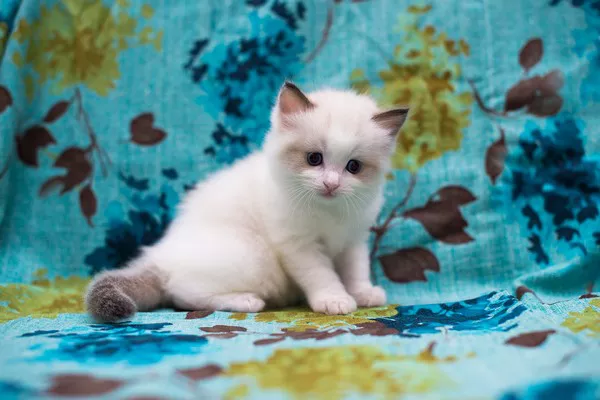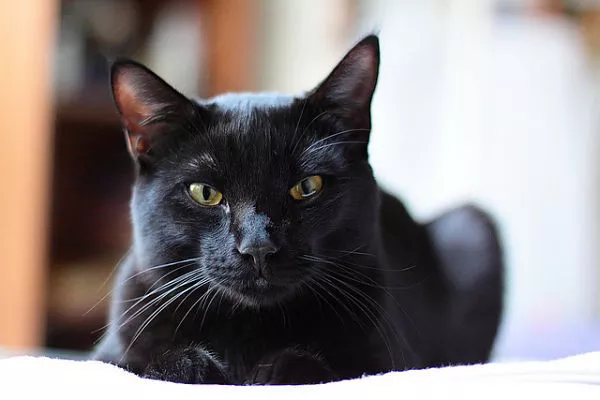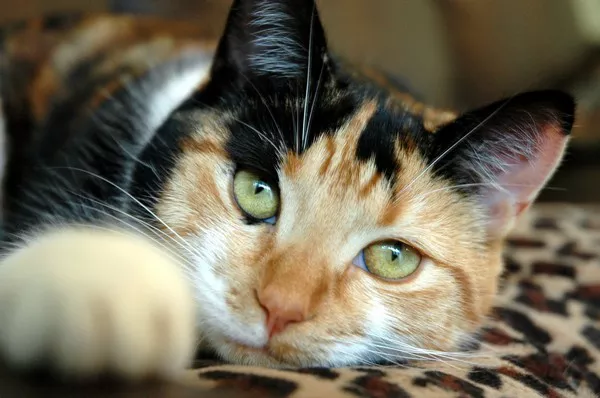The image of a playful kitten lapping up a bowl of milk or nibbling on a piece of bread is a classic portrayal in popular culture. However, when it comes to the nutritional needs of kittens, the reality is more complex. In this article, we delve into the question of whether kittens can safely consume bread and milk, exploring the potential risks and benefits and offering insights into a well-balanced feline diet.
Understanding a Kitten’s Dietary Requirements
Kittens, like their adult counterparts, are obligate carnivores, which means their diet primarily consists of meat. In the wild, a cat’s natural diet is rich in protein and fat, derived from prey animals. While adult cats can digest lactose to some extent, many kittens, like some adult cats, may become lactose intolerant as they grow older.
Can Kittens Drink Milk?
Contrary to popular belief, milk is not a necessary or ideal component of a kitten’s diet. In fact, after the weaning stage, kittens start to produce fewer lactase enzymes, which are required to break down lactose, the sugar found in milk. This decrease in lactase production can result in lactose intolerance, leading to digestive upset when a kitten consumes milk.
While many kittens enjoy the taste of milk, offering them regular cow’s milk is not recommended. If a kitten is no longer nursing and there is a desire to provide a milk-like supplement, specially formulated kitten milk replacers are available. These substitutes are designed to mimic a mother cat’s milk and are lactose-free, making them easier for kittens to digest.
See Also: Is Milk Bad for Cats & Kittens? [Revealed!]
The Bread Conundrum: Is It Safe for Kittens?
When it comes to bread, the situation is similar. While kittens might be curious about the smell and texture of bread, it doesn’t offer significant nutritional value for them. In fact, bread is typically made from grains, and kittens, being obligate carnivores, do not require carbohydrates as a primary energy source.
Moreover, certain ingredients in bread, such as salt and additives, can be harmful to kittens. Excessive salt intake can lead to sodium ion poisoning, a serious condition that can cause symptoms like vomiting, diarrhea, lethargy, and, in severe cases, even death. Additionally, certain types of bread may contain ingredients like raisins or nuts that are toxic to cats.
Risks Associated with Feeding Kittens Bread and Milk
Digestive Upset: The lactose in milk can cause gastrointestinal issues in kittens, leading to symptoms like diarrhea, stomach cramps, and bloating. Similarly, the lack of essential nutrients in bread can upset a kitten’s stomach.
Nutritional Imbalance: Kittens have specific dietary requirements to support their growth and development. Feeding them non-nutritious foods like bread can contribute to a nutritional imbalance, potentially hindering their overall health.
Allergies and Intolerances: Some kittens may be allergic to certain ingredients in bread or may develop an intolerance to lactose, leading to adverse reactions.
Optimal Nutrition for Kittens
For optimal health, kittens require a well-balanced diet that aligns with their nutritional needs. Key components of a kitten’s diet include:
High-Quality Kitten Food: Specially formulated kitten food provides the necessary balance of protein, fat, and essential nutrients for growth. Choose reputable brands that meet the standards set by feline nutrition experts.
Fresh Water: Always ensure that kittens have access to fresh, clean water. Hydration is crucial for their overall well-being.
Protein-Rich Treats: If you wish to offer treats, opt for small amounts of protein-rich options like cooked chicken or commercial cat treats.
Avoid Harmful Foods: Steer clear of feeding kittens foods that are toxic to them, including chocolate, onions, garlic, and certain artificial sweeteners.
Consulting a Veterinarian: If you have specific concerns about your kitten’s diet or if you’re considering introducing new foods, consult with a veterinarian. They can provide tailored guidance based on your kitten’s individual needs.
Conclusion
In conclusion, while the image of a kitten enjoying a saucer of milk or playing with a piece of bread is charming, it’s essential to prioritize their health and nutritional needs. Kittens thrive on a diet rich in high-quality protein, and providing them with specially formulated kitten food is the best way to support their growth and development. Avoiding potentially harmful foods like bread and milk ensures that kittens receive the nutrition necessary for a happy and healthy life. As responsible caretakers, understanding and meeting a kitten’s dietary requirements is a crucial aspect of fostering their overall well-being.



























